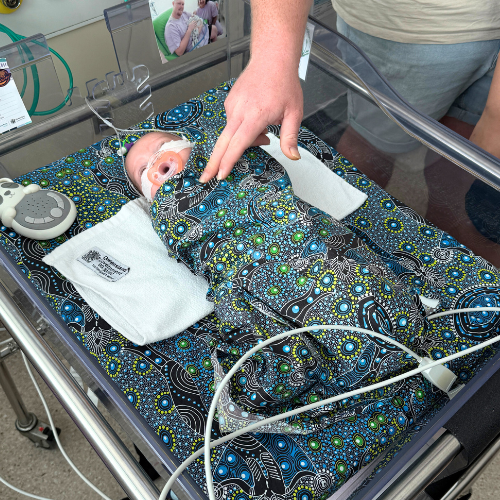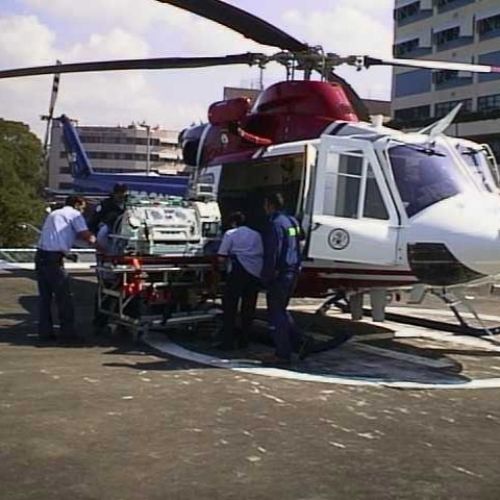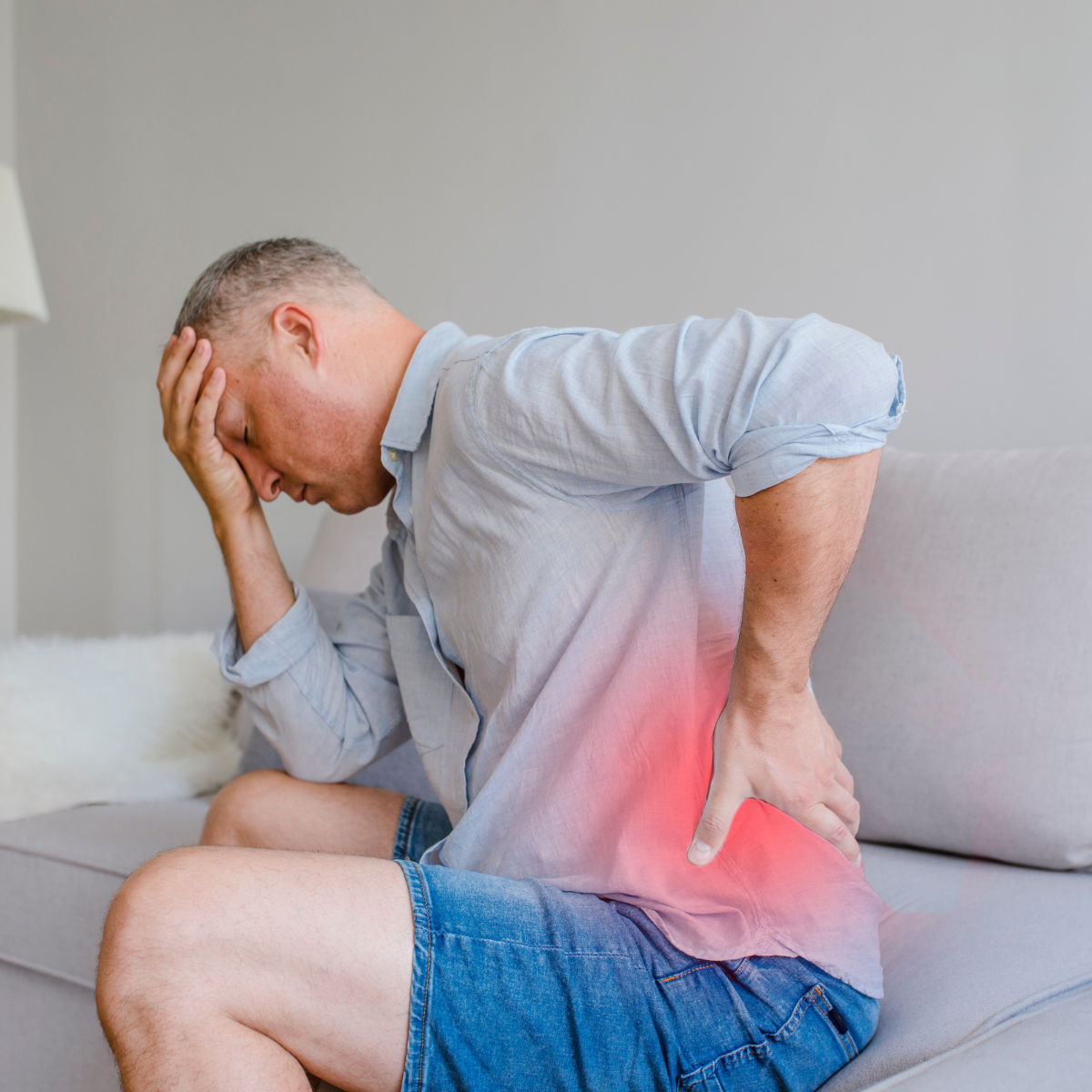More than one-third of private e-scooter riders presenting to emergency admitted to travelling at speeds over 25km per hour and 58% were triaged at the second highest urgency response, according to new nation-leading research.
The research has been funded by the RBWH Foundation and RACQ, and conducted by the Jamieson Trauma Institute (JTI).
RACQ’s Head of Public Policy Dr Michael Kane said it showed reform was needed to address the seriousness of life-changing facial and head injuries on private and hired e-scooters.
“It’s clear many riders on privately owned e-scooters are speeding, and sustaining more severe injuries, but riders on hired devices are still getting seriously injured,” Dr Kane said.
Patient interviews, now being conducted at five Queensland major emergency departments*, found 64% were injured on a private device compared with 36% on hired e-scooters, which is consistent with a surge in the popularity of owning an e-scooter.
“What’s worrying is 65% of all riders said they were wearing a helmet which suggests standard helmets are not always protecting against facial injuries,” Dr Kane said.
“We’re seeing terrible results when people on standing scooters crash forwards and injure their face on roads or other hard surfaces like cars.”

(Pictured above L-R, JTI Chair of Trauma Surveillance and Data Analytics Professor Kirsten Vallmuur, RACQ’s Head of Public Policy Dr Michael Kane and Professor Doctor Michael Schuetz, JTI Director and RBWH Orthopaedic Surgeon.
Watch video above right: RBWH Foundation CEO Simone Garske)
Professor Doctor Michael Schuetz, JTI Director and RBWH Orthopaedic Surgeon, said another concerning finding was the seriousness of injuries relating to speeding, with upper limb fractures and head injuries the most common.
“We’re seeing a high proportion of private e-scooter users requiring urgent responses in the emergency department and being admitted to hospital with significant injuries, many who require orthopaedic follow ups, including surgeries,” Dr Schuetz said.
“I’m urging riders to follow the rules, don’t speed, don’t drink ride, wear a helmet, and ride in appropriate areas to minimise the chances of life-changing injuries.”
JTI Chair of Trauma Surveillance and Data Analytics Professor Kirsten Vallmuur said the majority of patients presenting with e-scooter injuries were male, with an average age of 34 years old.
“We’ve also found private scooter-related injuries are predominantly occurring during the week on the work commute while almost one-third of hire scooter injuries presented on a weekend when people are using the scooters for recreation,” Professor Vallmuur explained.
“These patient interviews have enabled us to gain insights into different patterns and trends to allow us to better target safety initiatives.”
Dr Kane urged the new government to consider the results of the JTI research in the next round of e-scooter reforms and for consumers to re-think what scooter model is safest for them.
“We recommend anyone buying a new scooter to purchase a sit-down model to limit the chance of dramatic faceplants. If people have a stand-up device, they need a full-faced helmet.
“In the lead up to Christmas we’re also reminding parents it’s illegal to let children under the age of 16 ride an e-scooter unsupervised. If you can’t consistently supervise, do not buy your kid an e-scooter.”
RBWH Foundation CEO Simone Garske said the research and reform was key to ensuring better health outcomes for Queenslanders.
“Herston Health Precinct is home to some of Australia’s brightest medical and research minds and we are always grateful for additional funding for crucial projects, such as this, so they are able to be pursued,” said Ms Garske.
“We applaud RACQ for partnering with us and encourage other aligned organisations to join with us in advancing patient care innovation and life-saving medical research.”
In 2024, eight people have been killed on Personal Mobility Devices in Queensland.
As of 30 September 2024, there have been 1050 presentations to participating Queensland Injury Surveillance Unit** (QISU) emergency departments in Queensland as a result of an e-scooter ride gone wrong.
For the same nine-month period last year, there were 940 presentations.
In 2022, RACQ and the RBWH Foundation donated $200,000 to JTI to fund research into e-scooter injuries, with the results being used to shape policy and improve safety.










